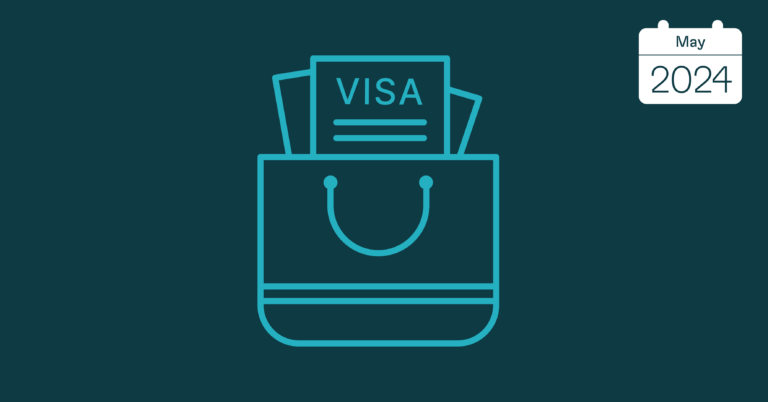By Claudia Gualdi
Visas scams are increasingly reported among travellers, as many countries are replacing paper visas and entry stamps with E-visas or Electronic Travel Authorization systems. The internet has simplified application processes through which travellers gain entry permissions via quick and easy steps. But this digitalization resulted in new opportunities for scammers to deceive unexpert travellers into fake Government websites.
Here’s our quick guide on how to spot a fake E-visa website in just a few easy steps.
In-depth check your source
Look out for “https://” and the padlock icon at the beginning of the URL: if both are present, it means that the connection is secure and safe for the user.
Make sure to navigate on official E-visa application platforms. Electronic application platforms are usually available via Embassy and Consulate websites, whose URLs likely terminate with the country code (every country is identified by a 2-letter code – the ISO Alpha-2 code – whose list is available here). If the country code is missing in the URL, look for a section called “About us”. Or for a statement from the agency describing who manages the process, and to which regulations they comply with. Typically, non-government-designated visa services would include a disclaimer stating that their services are not officially affiliated with the country’s government in the site’s bottom section.
Pay attention to the design and content of the website. Fake E-visa service providers mimic Government websites by using country flags or logos that can look familiar, thus attracting inexperienced travellers to trust their websites instead of official sources. You can also spot them through unprofessional design and grammatical errors in the content. They might contain non-visa-related information or services such as travel tours, pop-up windows and advertisements. If you apply via a third-party service provider, verify their experience through credentials and reviews.
Avoid unusual procedures and requests
Procedures, processing times and fees to gain an E-visa are usually standardised. Fairly reduced application times are not reliable, as well as promises of special deals, discounts on visa packages or reduced fees. Avoid lotteries and emails or ads where visas are promised as a prize. Compare prices and times with different providers before trusting a third-party service provider. If you’re asked to book an appointment, keep in mind that most E-visa applications should be done online, therefore do not need any in-person appointments. Certain procedures or payment methods should raise suspicion. Stay away from websites where you get one or more of the following requests:
- Click on links in an email, to open webpages or attachments, or to upload documents with sensitive information;
- Pay or transfer money via unofficial channels;
- Pay large amounts of money upfront;
- Buy gift cards or vouchers;
- Transfer money to release your information or fix your account;
- Give remote access to your computer;
Anticipate issues related to fake E-visas
Before paying, verify contact information options. If something goes wrong along the process, or you never receive your E-visa, you want to know who to contact to solve your problem before travelling. Verify in advance if there’s a refund policy.
Finally, verify fines and penal provisions in the countries where you’re heading to. The inconvenience of gaining a fake E-visa is not covered by travel insurance. Therefore it is up to your liability to be in line with travel document requirements. If you’re found travelling with a fake visa, you may be arrested, jailed, or deported on arrival. In-depth search your sources: real Gov websites usually provide an Advisory page and in some cases, such as India, authorities provide a list of fake Indian E-visa websites.
Whether you choose to apply for an E-visa yourself or to rely on visa service providers, make sure they link things back to the official sources, as Riskline does with Travel Search. Find more about Travel Search and the information we provide about visa requirements here.















